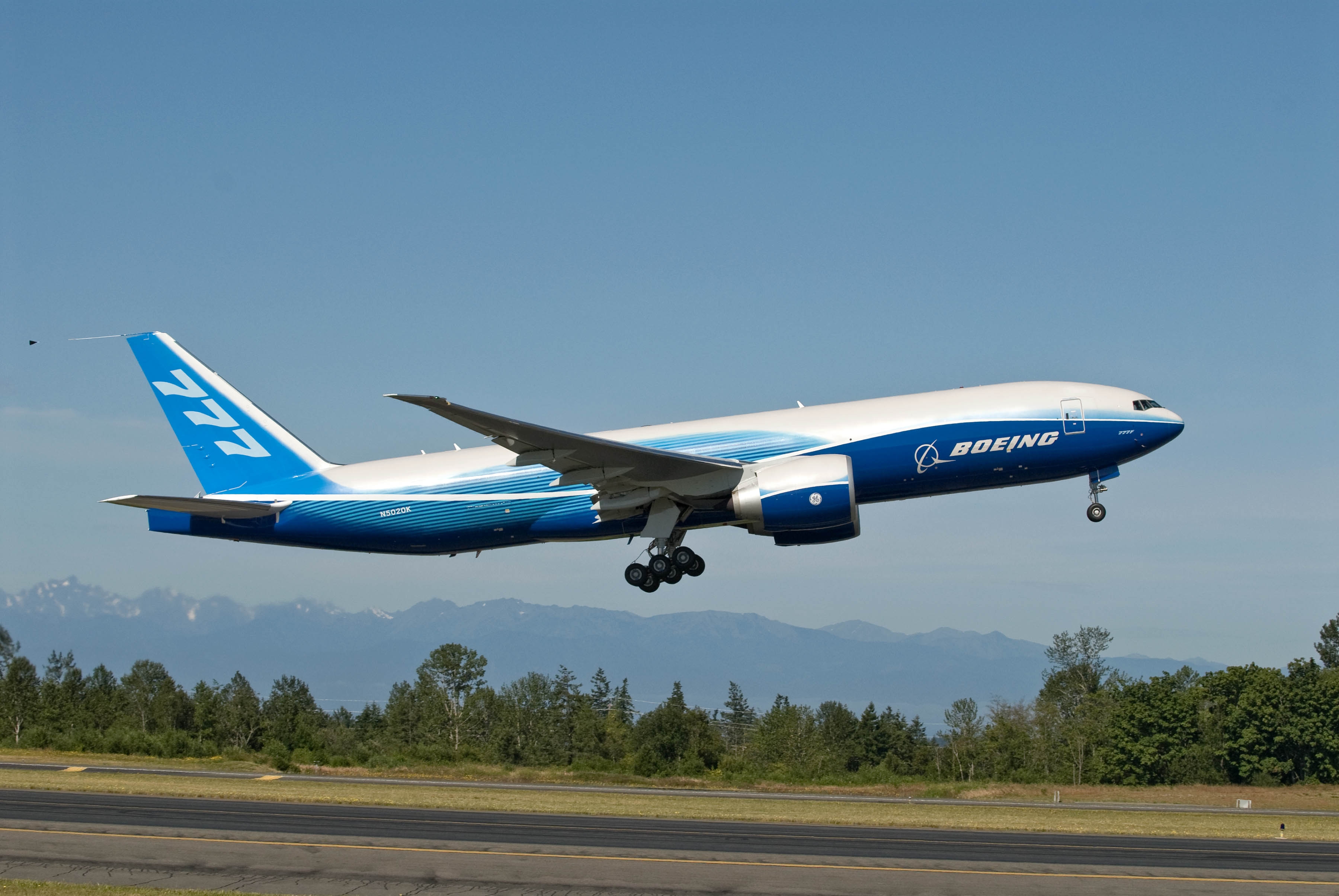
First, the good news. Airbus is said to be in talks with China Aircraft Leasing Group for as many as 100 A320 narrow-body jets in a deal worth $9 billion to $11 billion, according to a report at Reuters. Airbus could also firm up previous commitments for 70 A320 family jets that were ordered by China Aviation Supplies Group after Airbus agreed to build a completion center in Tianjin for the company’s A330 planes.
Boeing has told institutional investors that it plans to announce orders at the Zhuhai show, but it may wait until the last day of the show, October 16, when President Obama arrives in China for a regional summit meeting. Aircraft industry analyst and consulting firm Leeham tells us what to watch for:
[W]hatever deals are announced, carefully watch whether they come out of Boeing’s huge backlog of Unidentified customers or whether these are new, incremental deals. Boeing has more than 900 737s listed under Unidentified. There are 25 777s in this category.
The key here, according to Leeham, is Boeing’s current version of the 777. If new orders simply move unidentified buyers to the confirmed column, this is little help to Boeing’s production of the 777 while it gets to work on the replacement 777X.
ALSO READ: Boeing Boosts Earnings Outlook as Backlog Nears $500 Billion
For Boeing, the 777 is in many ways more important to the company than the headline-grabbing 787 Dreamliner, and for Airbus the current A330 plays an equally significant role. In fact, Leeham expects Airbus to produce more medium wide-body planes than Boeing by the end of 2017 and to maintain that lead into the early 2020s.
Boeing is currently building about 100 777s a year (8.3 per month) and the company insists that it needs just 40 to 60 new orders a year for the 777 in order to maintain that rate of production. That also assumes a 100% conversion rate of options and letters of intent to firm orders.
Airbus has similar problems with the current version of its A330. The company has already announced a production rate cut from 10 per month to nine per month beginning in the fourth quarter of 2015. That could drop further to seven or eight planes a month before the new A330neo is delivered late in 2017 or early 2018.
By the time Boeing begins production of the new 777X in 2020, the expected decline in production of the older 777 won’t be made up in the medium wide-body class until at least 2022. Unless firm orders for the 777 rise and permit Boeing to build to its current production rate, Airbus will be building more medium wide-bodies than Boeing in 2017 and will stay on top for at least five years.
Boeing’s stock traded down about 0.2% in the late morning on Wednesday, at $124.92 in a 52-week range of $116.32 to $144.57.
ALSO READ: How the Election Will Impact Keystone Pipeline, Oil Exports
Want to Retire Early? Start Here (Sponsor)
Want retirement to come a few years earlier than you’d planned? Or are you ready to retire now, but want an extra set of eyes on your finances?
Now you can speak with up to 3 financial experts in your area for FREE. By simply clicking here you can begin to match with financial professionals who can help you build your plan to retire early. And the best part? The first conversation with them is free.
Click here to match with up to 3 financial pros who would be excited to help you make financial decisions.
Thank you for reading! Have some feedback for us?
Contact the 24/7 Wall St. editorial team.



